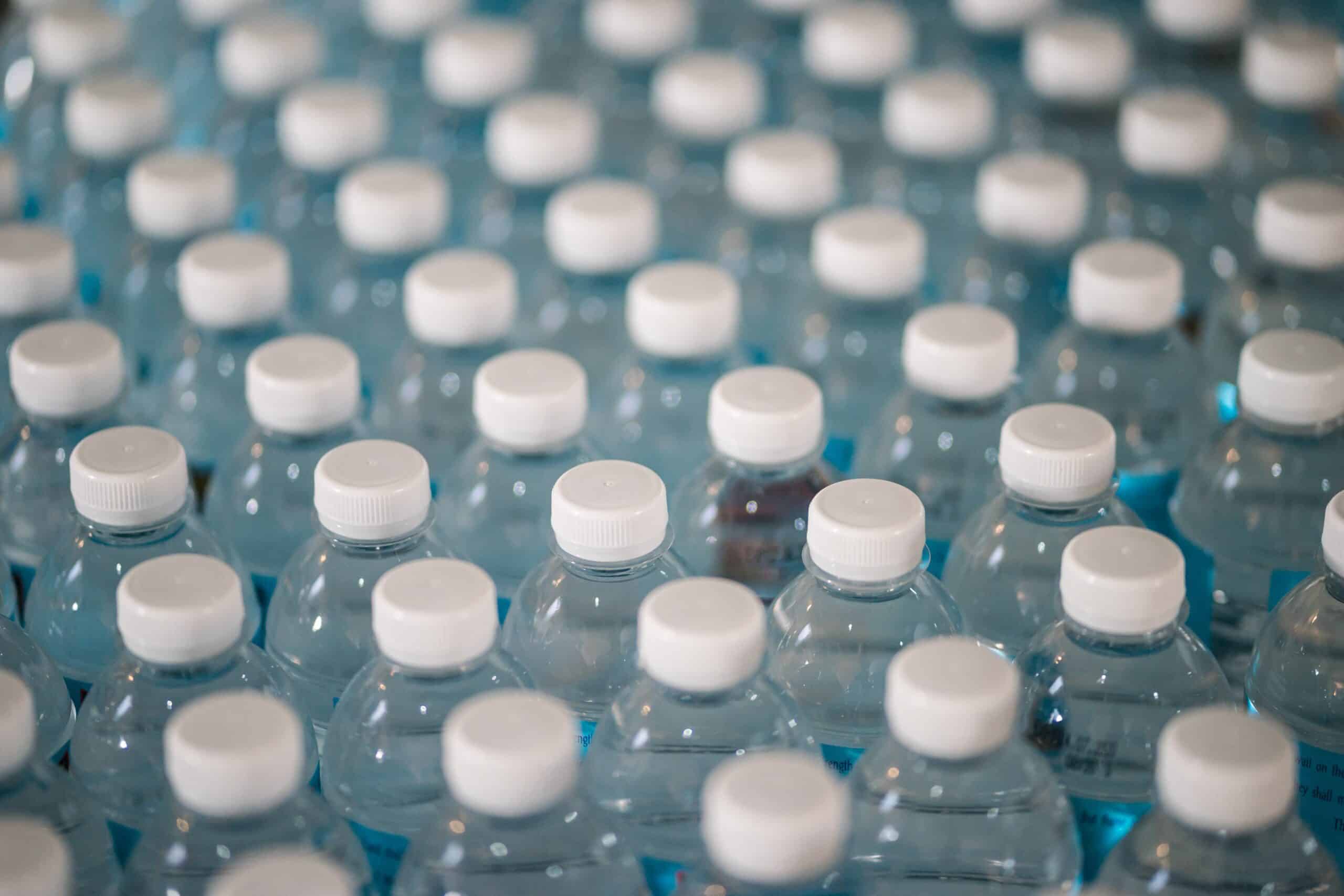Tunisia’s drinking water price is set to increase by as much as 23 per cent, after an announcement by the Tunisian government in an attempt to scale back subsidies and qualify for International Monetary Fund assistance.
Because of years of drought, Tunisia is having difficulty providing enough water; the IMF is pressuring the government to discontinue subsidies for energy, food, and water to ensure that the country’s finances are saved.
Small consumers will not experience a rise in water prices, and tourist facilities will see the biggest spike: a 23% increase in per-cube pricing to 1.990 dinars ($0.63). Those who exceed 40 cubic metres of water consumption will be charged 15 per cent more, immediately, at 1.830 dinars. Consumers who consume between 70 and 100 cubic metres will be charged 17 per cent more immediately at 0.930 dinars.
In order to make up for Tunisia’s lack of dams and the impact of climate change on water availability, the country has opened desalination plants.
The Tunisian Ministry of Economy said on Sunday that the European Investment Bank, the EU’s lending arm, had approved a $233 million loan ($220 million). Of that amount, $150 million was designated for food security emergency assistance.
Tunisia has previously launched water desalination plants to try to make up for the country’s lack of dams as well as the impact of climate change.
Due to recent weeks’ shortages of many food commodities, including medication, Tunisia is in deep financial trouble.
Widespread shortages of sugar, cooking oil, milk and butter, coffee, tobacco, and bottled water have been reported, with matters appearing particularly bad in the suburb regions distant from the capital.
Image Credit: Jonathan Chng on Unsplash



















